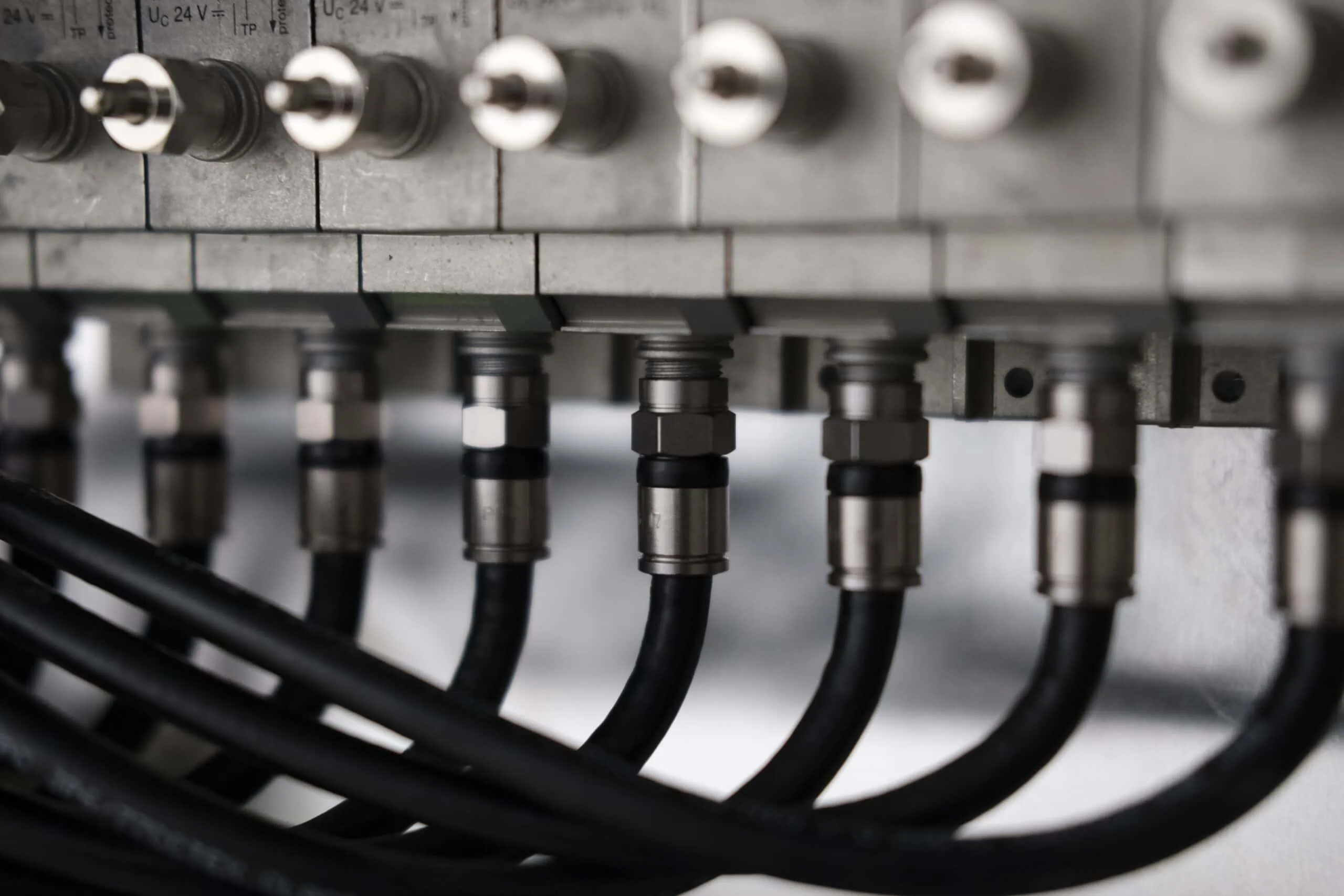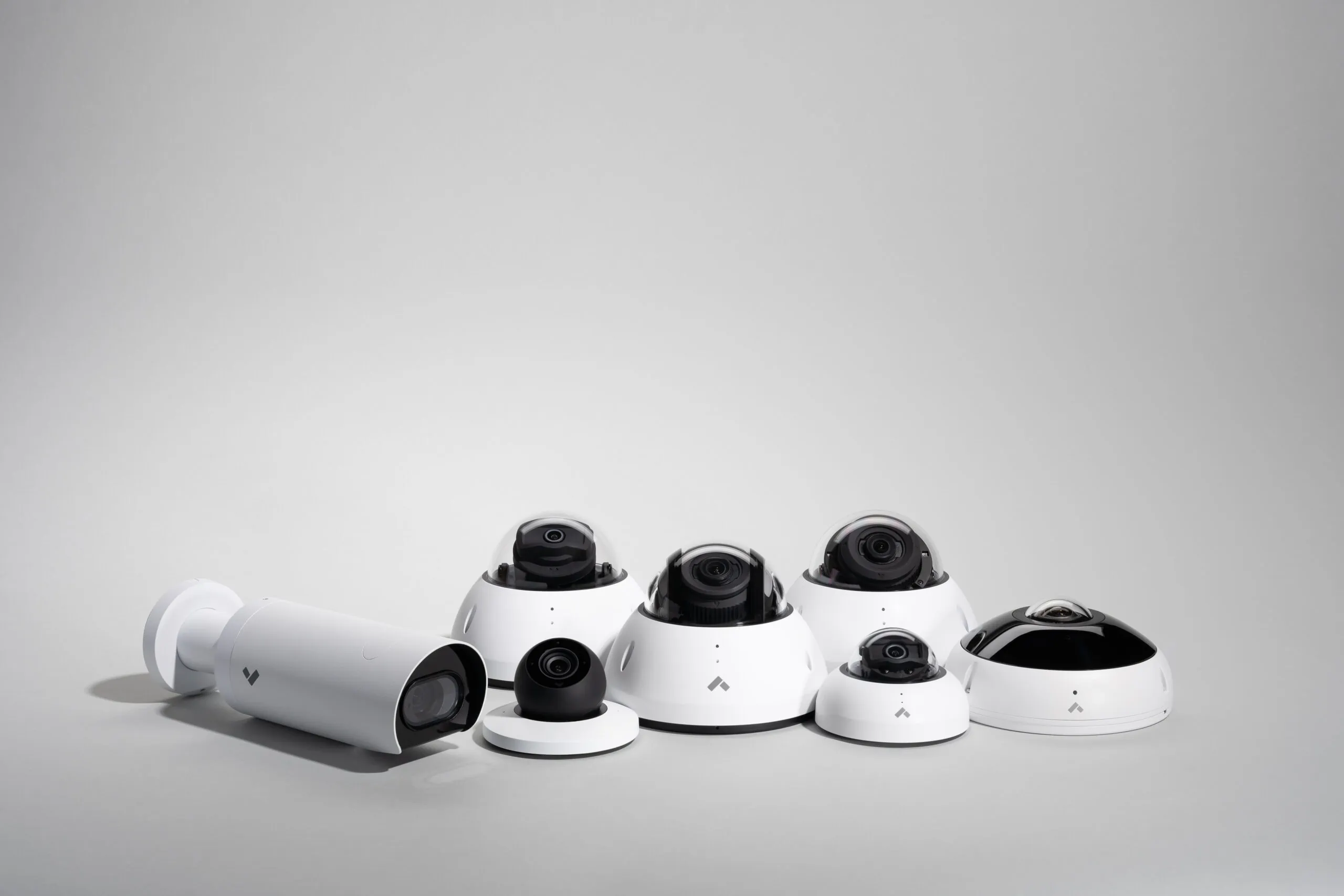Your cart is empty.

Comparing NVR vs DVR Security Camera Systems: Monarch’s Expert Guide
NVR vs DVR: Making the Right Choice for Your Business Security
When it comes to selecting the right security camera system for your home or business, the choice between a Network Video Recorder (NVR) vs a Digital Video Recorder (DVR) can be overwhelming. Both systems can provide 24/7 surveillance coverage and store video footage, but they differ in the way they process and record video data.
NVR systems use IP cameras to record and store video footage digitally, while DVR systems use analog cameras to capture footage and store it on physical media such as hard drives. Additionally, NVR systems provide better video quality, scalability, and remote access, while DVR systems are generally more affordable and easier to install.
In this blog post, we’ll further explain the differences between NVR and DVR systems, as well as the advantages and disadvantages of each, to help you make an informed decision about your security needs. We’ll also compare these systems to emerging hybrid cloud-based cameras.
NVR vs DVR: What is the Difference Between NVR and DVR systems?
There are multiple key differences between NVRs and DVRs. DVRs use analog cameras and compress video footage, while NVRs use IP cameras to record high-resolution footage. NVRs offer better image quality, more advanced features, and the ability to scale as your needs grow. DVRs are generally less expensive and easier to install.
Additionally, NVRs can be accessed remotely over the internet, while DVRs require a physical connection to view footage. Ultimately, the choice between NVR and DVR systems depends on your specific needs and budget.
What are Digital Video Recorders (DVR)?
Digital Video Recorders, commonly known as DVRs, are devices that are used to record, store, and play back video footage from security cameras. DVRs work by connecting to one or more cameras and recording the footage onto a hard drive. The recorded footage can then be accessed and played back at a later time.
Moreover, DVRs are analog-based systems. These systems rely on analog cameras that stream an analog signal to the recorder, which then processes the images into a digital format. Poor image quality has been a concern with DVRs. However, advancements in high-definition imaging in recent years have made its image quality more comparable to that of an NVR system.
Powering DVRs: A Major Limitation
An analog camera connects to the DVR using a coaxial cable, which presents some significant limitations. The coaxial cable does not provide a power source to the camera, and it only serves as the video streaming cable. Because of this, you need a second power, and the DVR must be near a power outlet. A coaxial cable is also wide and quite rigid, making installation more challenging than an NVR system with only one Ethernet cable to connect and power cameras.
NVR vs DVR: Benefits of DVR Systems
Despite being older than NVR systems, DVR systems still offer a number of benefits.
- DVR systems are generally more affordable and easier to install than NVR systems.
- DVRs use analog cameras, which tend to be less expensive than IP cameras,
- DVR systems store footage on physical media such as hard drives.
- This makes them less vulnerable to cyber-attacks since they don’t rely on an internet connection for their core functions.
NVR vs DVR: Drawbacks of DVR Systems
DVR systems have several drawbacks as well.
- DVRs do not support audio
- DVRs tend to have lower video quality than NVR systems. Image quality starts to degrade after roughly 90m of coaxial cable.
- DVR systems offer limited scalability. This is because they are only compatible with analog cameras.
- DVR systems can be more difficult to integrate with other security systems, which can limit their overall effectiveness
- DVR camera systems do not offer remote access to live or recorded video footage.
- DVRs need separate power sources and the use of wide and rigid coaxial cables.
What are Network Video Recorders (NVR)?
A Network Video Recorder (NVR) is a more advanced and flexible surveillance system than a Digital Video Recorder (DVR). As a digital-based system, an NVR doesn’t actually record the video data as a DVR does. An NVR system processes video data at the camera level before sending it to the recorder, an NVR box for storage and remote viewing.
NVRs work by connecting to IP cameras through a network and recording the footage onto a hard drive or other storage device. IP cameras are far more advanced than their analog counterparts. The recorded footage can then be accessed and played back at a later time. NVRs typically come with a variety of features such as audio, remote access, motion detection, and the ability to export footage to other devices.
Unlike a DVR system that uses a coaxial cable for connectivity, NVRs use standard Ethernet cables for both data and power, which simplifies the setup process. With Power over Ethernet (PoE) technology, only one Ethernet cable is needed for both data and power transmission to the cameras. This results in a clean and easy-to-manage installation, requiring fewer cables and wiring than a DVR system.
NVR vs DVR: Benefits of NVR
Offering numerous benefits, NVRs have become an increasingly popular choice for security systems.
- IP cameras used by NVRs have a higher resolution than analog cameras used by DVRs, which results in better video quality.
- NVRs can also store and manage large amounts of video footage
- NVR systems provide remote access to live or recorded video from anywhere with an internet connection.
- NVRs can be easily integrated with other security systems, such as access control or alarm systems.
NVR vs DVR: Drawbacks of NVR
On the other hand, NVR systems also have some drawbacks.
- NVRs tend to be more expensive than DVR systems, and require a higher level of technical expertise to install and configure.
- NVR systems rely on an internet connection, so they are vulnerable to cyber-attacks
- Slow or unreliable internet connection can impact the quality of remote access.
Choosing between NVR and DVR Systems:
Choosing between NVR vs DVR can be a challenging task as both systems have their own advantages and drawbacks. Here are some factors to consider when choosing between the two:
- Budget: DVR systems are generally more affordable than NVR systems, making them a great option for those on a tight budget.
- Video quality: NVR systems offer better video quality than DVR systems as they use IP cameras, which have a higher resolution and better image quality.
- Scalability: NVR systems are more scalable than DVR systems. It is easier to add new cameras to an NVR system, whereas with a DVR system, the number of cameras you can add is limited by the number of channels available.
- Remote access: NVR systems offer remote access to live and recorded video feeds, making it easy to monitor your property from anywhere
A Guide to Choosing the Right Security System: NVR vs DVR
When it comes to choosing between an NVR vs DVR security system, it’s important to consider your specific needs and preferences. To help guide your decision-making process, we’ve compiled a list of questions to ask yourself before making a purchase.
- Is there a security camera system already installed? Can a new security camera system build upon it?
- How many areas need surveillance? What is the size of the area(s) that needs to be monitored?
- How important is the image quality?
- How long will the recorded video need to be stored?
- Does your security need audio?
- Is remote viewing a requirement?
Alternatively, for those looking for a more advanced and hassle-free security solution, Verkada offers hybrid cloud-based cameras that don’t require an NVR or DVR. These cameras store footage in the cloud, allowing for easy remote access and unlimited storage. Hence, it combines the benefits of local storage with the convenience and security of cloud-based technology.
NVR vs DVR Security Camera Systems
In conclusion, choosing between NVR and DVR systems depends on your specific needs and budget.
While NVR offers better video quality and scalability, it may require more technical expertise and investment. DVR systems are generally more affordable and easier to install but may have limited capabilities. However, with Verkada’s hybrid cloud-based cameras, you can enjoy the benefits of both NVR and DVR without the drawbacks.
Take the next step towards serverless security and contact Monarch today to learn more about Verkada’s cutting-edge solutions.

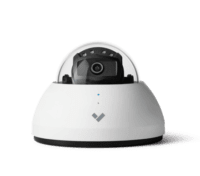
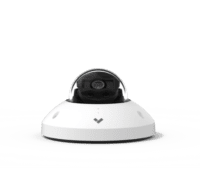
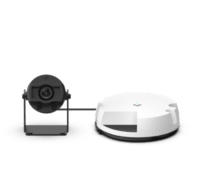
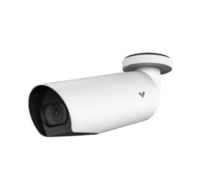
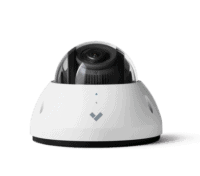
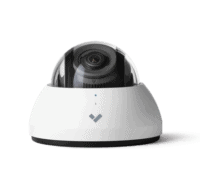
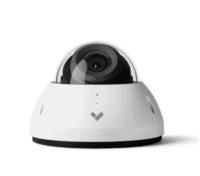
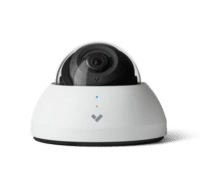
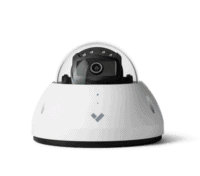

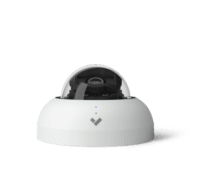
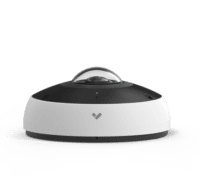
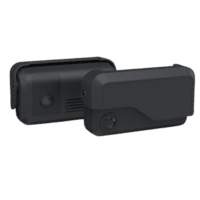
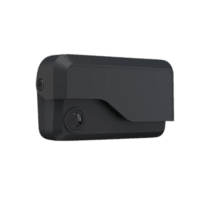
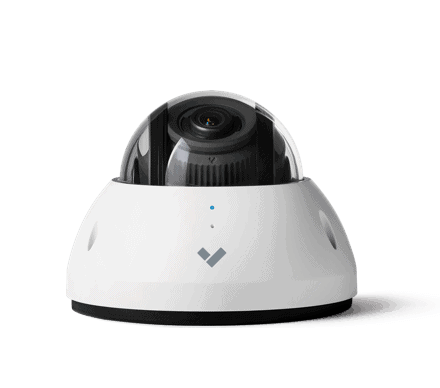 Jon Jones
Jon Jones


